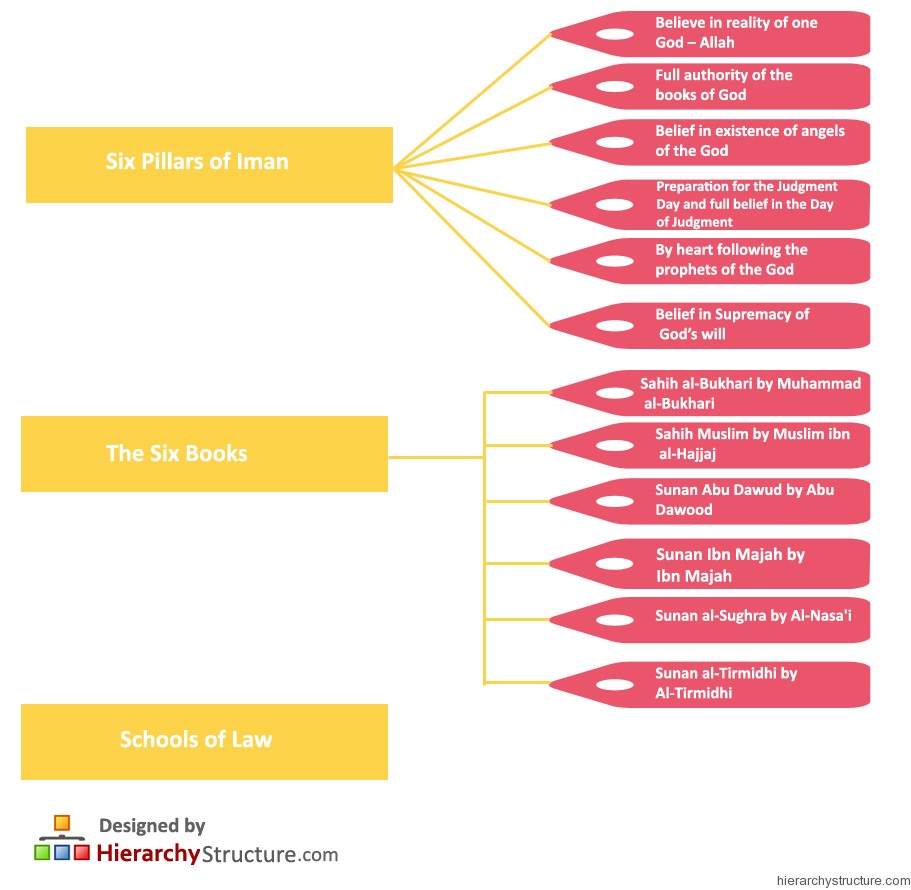The words Sunni and Shiite appear frequently in Islam stories regarding the Muslim world but only a few people identify what they actually mean. Sunni Islam is occasionally referred to as the orthodox traditional version of the Islam religion. This word “Sunni” comes from the Arabic term Sunnah which directly refers to all the sayings as well as actions of the great prophet Muhammad which were recorded in holy Hadiths.
Sunni Muslims effectually make up the bulk of Muslims all around the world. The estimated percentile crosses even 83-85% of the figure. When consider about the Shiite and Sunni religious hierarchy, there is a major difference between the both. In actual practice, Shiite Muslims believe in the twelve Imams religious hierarchy. Shiite Muslims often worship the Imams as their holy saints and executed pilgrimages to saint are tombs for divine intercession. But in case of Sunni Muslims, the religious beliefs were totally opposite.
Sunni Islam believed that in Islam there is no specific basis for a heritable privileged system of spiritual leaders. In simple words they did not believe in intercession of saints. For them it was not a birth right yet something to be earned. This belief never led any sort of formulation of saint or leader hierarchy in Sunni Islam.
Actually for Sunni Islam, the religious hierarchy was three facts based system. It included the systematic hierarchy of ‘Six Pillars of Iman’ along with ‘the Schools of Law’ and ‘the Six Books’. These systems acted as the base, the heart and the backbone for the Sunni religious hierarchy. These systems were totally based on the oral tradition recorded book – Hadith along with the traditions of Prophet and most importantly – the Quran. This Sunni religious hierarchy is as below –

Six Pillars of Iman
Sunni Islam identifies the six articles of belief as the Iman’s six pillars. These beliefs act as the base for the Sunni religious hierarchy.
- Believe in reality of one God – Allah
- Full authority of the books of God
- Belief in existence of angels of the God
- Preparation for the Judgment Day and full belief in the Day of Judgment
- By heart following the prophets of the God
- Belief in Supremacy of God’s will (belief in predestination because good or bad is from God alone)
The Six Books
These books act as the heart for the Sunni religious hierarchy.
- Sahih al-Bukhari by Muhammad al-Bukhari
- Sahih Muslim by Muslim ibn al-Hajjaj
- Sunan Abu Dawud by Abu Dawood
- Sunan Ibn Majah by Ibn Majah
- Sunan al-Sughra by Al-Nasa’i
- Sunan al-Tirmidhi by Al-Tirmidhi
Schools of Law
Schools of law, also referred to as legal schools, are numerous intellectual customs and traditions surrounded by the wide sacred field of Islamic law. These traditions thoroughly reflect all contradictory viewpoints on several laws along with responsibilities within the Islamic law. These schools of law act as backbone for all the traditions and beliefs of Sunni Islam.
